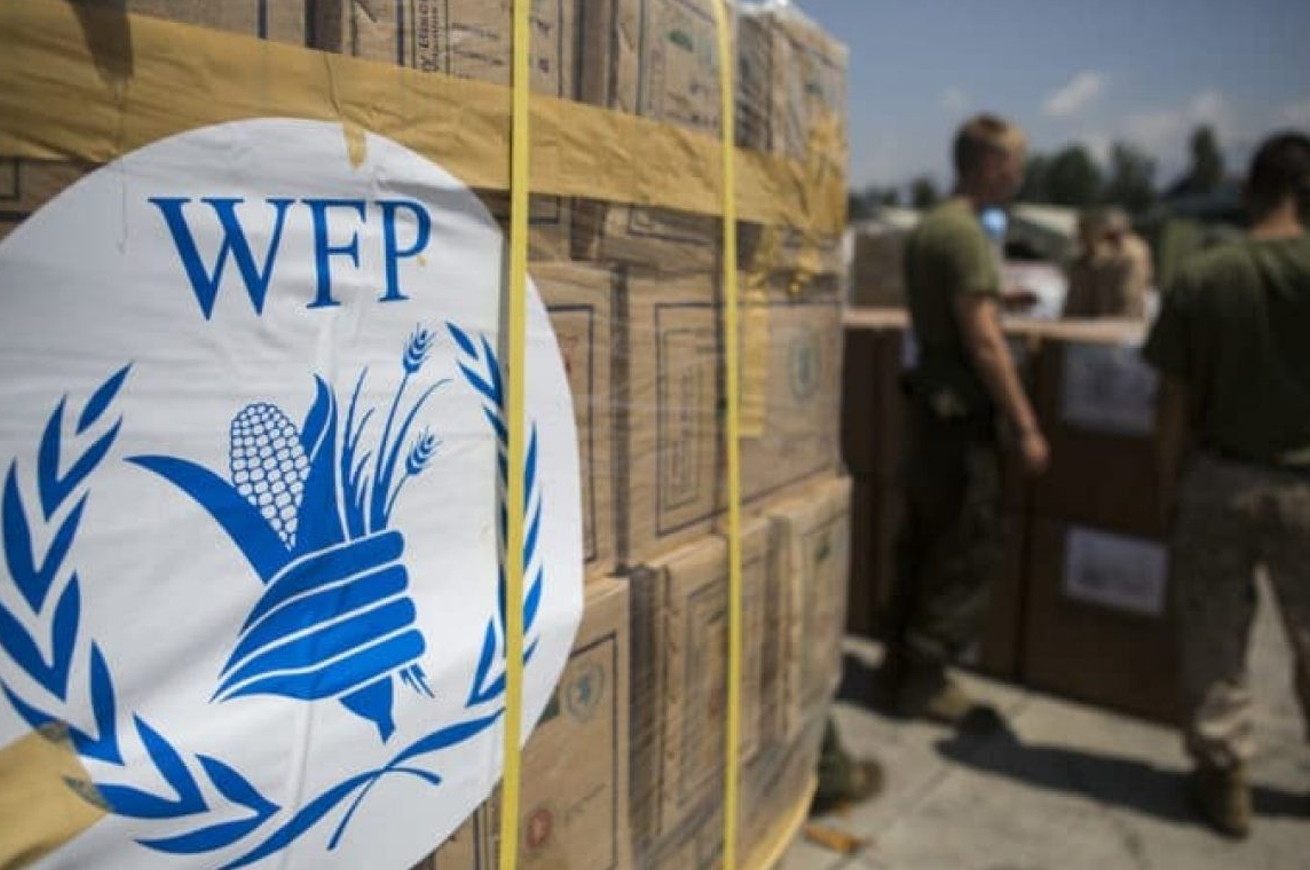To be a child in Nigeria is both beautiful and satisfying to a large extent…

The World Food Programme as the Only Barrier Against Post COVID-19 Devastation
“The coronavirus pandemic has contributed to a strong upsurge in the number of victims of hunger in the world.” This was one of the motivations cited by the President of the Nobel Committee for awarding the Nobel Peace Prize to the World Food Programme.
“In countries such as the Democratic Republic of the Congo, Nigeria, South Sudan and Burkina Faso, the combination of violent conflict and pandemics has led to a dramatic rise in the number of people living on the brink of starvation. In the face of the pandemic, the WFP has demonstrated an impressive ability to intensify its efforts. As the organisation itself has stated, “Until the day we have a medical vaccine, food is the best vaccine against chaos.”
“The world is in danger of experiencing a hunger crisis of inconceivable proportions if the World Food Programme and other food assistance organisations do not receive the financial support they have requested.
“The link between hunger and armed conflict is a vicious circle: war and conflict can cause food insecurity and hunger, just as hunger and food insecurity can cause latent conflicts to flare up and trigger the use of violence. We will never achieve the goal of zero hunger unless we also put an end to war and armed conflict.
“The Norwegian Nobel Committee wishes to emphasise that providing assistance to increase food security not only prevents hunger, but can also help to improve prospects for stability and peace. The World Food Programme has taken the lead in combining humanitarian work with peace efforts through pioneering projects in South America, Africa and Asia”.
On the Italian site, it reads, “The World Food Programme (WFP) and Italy have always had a special bond. Since it was established in 1961, the WFP has had its general headquarters in Rome from where it coordinates operations through its six regional offices (Bangkok, Cairo, Nairobi, Johannesburg, Dakar, and Panama City) and its representative offices (Washington, New York, Gineva, London, Paris, Madrid, Beijing, Tokyo).”
Italy proposed Rome as the headquarters of the WFP as part of the Italian Government’s strategic choice to host the multilateral organizations that constitute the so-called “agri-food hub” of the United Nations, the UN food and rural development agencies, in one city. In addition to the WFP, the FAO (the United Nations Food and Agriculture Organization) and IFAD (International Fund for Agricultural Development) are also based in Rome.
As the cradle of food civilization, Italy is at the centre of important strategic decisions concerning food and agriculture and, thanks to the presence of the WFP, it is also at the core of assistance and solidarity towards populations affected by major emergencies.
This was the framework for the decision taken by the WFP and the Italian Government to open the first United Nations Humanitarian Response Depot (UNHRD) in Brindisi. Inaugurated in 2001 and managed by WFP, the depot immediately became a model of efficiency and promptness in responding rapidly to some of the major emergencies to hit areas around the world.
The success of the depot in Brindisi, shared by Italy and WFP, prompted WFP to gradually set up similar facilities in other strategic locations worldwide. To date, there re UNHRDs in Panama, Ghana, Las Palmas in Spain, Dubai and Malaysia. Italy considers the organization an essential asset for its cooperation policies and WFP considers our country an essential partner. Through the Italian Agency for Development Cooperation (AICS) and the Directorate General for Development Cooperation (DGCS), Italy supports numerous projects and operations around such as its recent involvement in Syria, South Sudan, Nigeria and Yemen. Furthermore, Italy ranked 23rd for its contributions to the WFP between 2019 and 2020, donating €30,730,984 and placing before China and France.
With regards to development projects, Italy has given particular attention to Latin America where it recently supported projects in Bolivia and El Salvador. In Africa, Italian funds have contributed to development programmes in Ethiopia and Sierra Leone.




